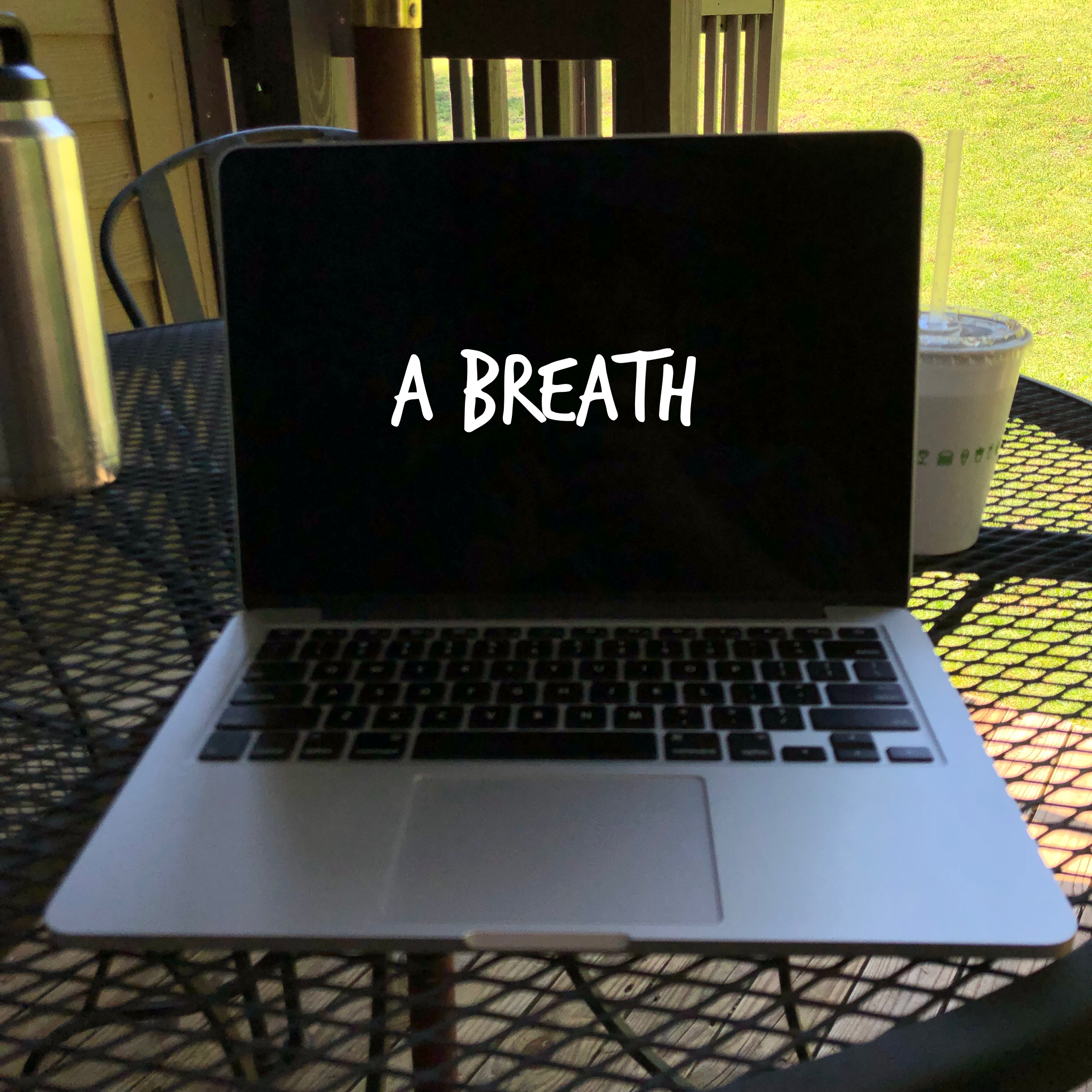A Denial
I lied to a handful of ministers and then I walked out of the room.
I went to a youth minister’s conference with a couple of other individuals from our student ministry staff. The event was run by a conservative evangelical organization, which doesn’t exactly line up with our more mainline Protestant church. But I tried to go in with an open mind because you can and should be able to learn from people whose viewpoints are different from your own.
On the second day, I attended a breakout session about Generation Z (the placeholder name for the generation of which my students are part). I took studious notes. There were some good points in there; didn’t agree with everything. Yet when do you agree with everything? Then the leader announced that we were going to break up in small groups and talk about our youth as it pertained to human sexuality.
My stomach plummeted.
I knew that I was going to be the odd man out in this conversation. You’re not supposed to assume. But I assumed. And I assumed correctly. The guy to my right went first and the group proceeded to go counter-clockwise rendering my would-be dissent last. The others in that circle were not mean. They weren’t hostile. Yet what they were was certain.
The gay and lesbian students they had encountered or would theoretically encounter were a problem to be fixed. The idea that someone in that circle would suggest that LGBTQ students did not need to be fixed did not seem to be on their radar. My chest tightened with each minute. We were supposed to discuss other topics, but the conversation was eating up all the time. This conversation always does.
That’s when I lied. Just before it was to be my turn, I pulled out my phone, looked at a blank screen, and said that my wife was calling me. I walked out to the lobby with the phone to my ear with no one on the other end and ran out the clock. I had to get out.
I was not afraid of being told that I was wrong. I have been told that I am wrong about this many times. I have had my faithfulness questioned. There has been enough shade thrown at me to keep you chilly on a summer day. I was not afraid of being told that I was wrong. I was afraid of being told by people that came from the denomination of my youth, of my profession of faith, of my baptism that God was against me. I was afraid of hearing that I was willingly disobeying God in my arrogance and cultural permissiveness. Again, these folks were not mean, but I live with the echoes of conversations like these in my head. And I was too tired or whatever in that moment to hear them out loud.
And so I bailed. I felt like a coward because I have had those tough conversations before. I’ve sat there and absorbed the words that questioned my faith and my mind. It wasn’t easy but I’ve remembered friends who can’t bail on the conversation because it is who they are. But for whatever reason, I couldn’t do it this time. These four total strangers rattled me.
All of this took place on Tuesday of Holy Week. Three days later was Good Friday, which includes the account of Peter denying Jesus. The proximity of the two occurrences didn’t occur to me until several days later. In the pit of my stomach, I had this sense that I had denied the Christ that I claim to follow. That may sound over the top. In fact, I know that it actually sounds downright blasphemous to some. I don’t say it to offend or to be provocative, but because I believe it to be true in a way.
Listen, I’m a minister. I have no problem telling people that. It’s typically a conversational Get Out of Jail Free card on airplanes, which is fantastic for someone like myself who is shy around strangers. So I am probably not going to literally deny Jesus. The odds that someone is going to threaten me with the question “Do you know Jesus?” are technically there, but not high. So if you or I am going to deny Christ, it is not going to look like Peter standing next to that fire on Good Friday.
When I deny Jesus, it stems from Matthew 25. Jesus tells this parable where people are shocked to find that what they did or did not do to serve society’s most vulnerable is tied to their faithfulness to him. Feeding the hungry is feeding Christ. Clothing the naked is clothing Christ. And in that passage, you can drop so many vulnerable individuals. The people that Jesus mentions were by no means the end of the story. Even if you don’t agree with me on this particular issue, I hope you will come to understand that neglecting others is a way in which all of us most frequently deny Christ.
But on this day, it was my LGBTQ siblings. “For they looked at who I was and I was ostracized by my community, told I was an abomination, forced to doubt God’s love for me, and told that I needed to be fixed and you did not speak up for me.” If Christ is with the most vulnerable, then Christ is with our LGBTQ students in our churches. And by not saying anything in that circle, I denied them and I denied Christ.
I don’t know if my words would have changed anything, but doing the right thing shouldn’t be contingent on a desired outcome. I doubt that if Peter had said he knew Jesus that it would have changed the trajectory of Good Friday. I did not say anything. I lied and ran like Peter. To my LGBTQ friends, to the students in those other ministers’ churches, to my own students, to whomever else, I’m sorry for my denial. I was not a good Christian in that moment. By the grace of God, I hope I do better next time.
A short postscript of grace for anyone who realizes that they have denied Christ by not speaking up, helping out, and serving those we’re called to serve: it does no good to beat ourselves up over past failures. We admit we mess up, ask forgiveness, and try to better follow Jesus next time. When Jesus and Peter met again after the denial, the disciple was given another chance with a simple question—Do you love me?—and a simple charge. That charge was to take care of those whom Jesus loves. Again, I hope I do better next time.






